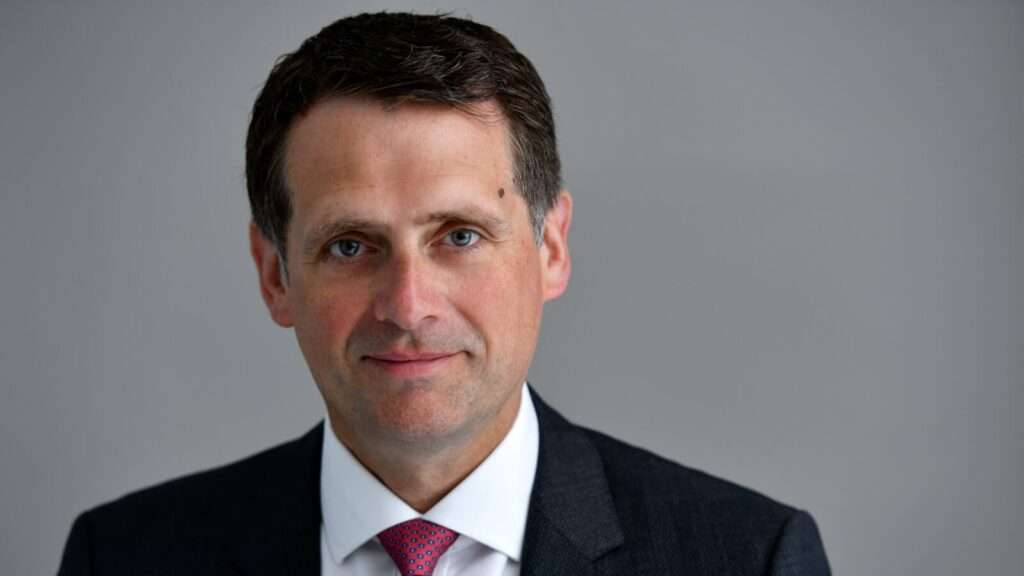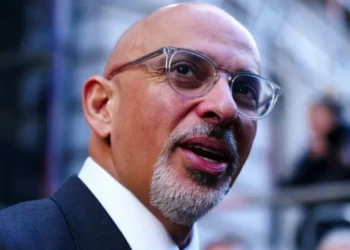In the midst of the UK’s evolving economic landscape, the chief of Royal London, the nation’s largest member-owned insurance group, has raised concerns regarding Labour’s plan to leverage pensions for economic growth.
This cautionary stance comes as the government prepares to initiate a comprehensive review of the pension system, spearheaded by Chancellor Rachel Reeves, who has promised a transformative approach to private pension funds.
Barry O’Dwyer, the CEO of Royal London, voiced his reservations about the ambitious plan on Friday, August 2.
“With an estimated £3 trillion invested in UK pensions, it is understandable that pensions are seen as a powerful tool to support UK economic growth,” O’Dwyer acknowledged. “However, it is important to remember the primary role of pensions is to fund customers’ retirement.”
The government aims to unlock billions of pounds for investment in critical infrastructure and housing projects across the UK.
To achieve this, a taskforce comprising industry leaders and government officials is set to propose strategies to reduce costs and enhance investment options. This initiative could potentially increase retirement savings by up to £11,000 per individual.
Additionally, the taskforce is exploring ways to diversify pension funds’ investment portfolios to include a larger share of UK businesses.
Balancing Growth and Retirement Security
Barry O’Dwyer’s response to these plans was cautiously optimistic.
“In many ways, we share the government’s objectives. They want savers to achieve the best possible returns and to remove barriers preventing pension schemes from investing in productive UK assets. That’s all music to our ears.”
Barry O’Dwyer

However, he stressed a critical point: “Where we might want to go further and faster is to get people saving more for retirement. Four in ten people of working age aren’t saving enough. It’s a ticking timebomb, and we need to defuse it.”
Highlighting the importance of savings, O’Dwyer emphasized that while the government is rightly focused on growth, encouraging savings should also be a priority. “No one wants to see a generation retire into poverty,” he warned.
To address this impending crisis, O’Dwyer called for a “grown-up conversation” about how to increase pension savings over the next decade.
He urged the government to build on the successful implementation of automatic enrollment into workplace pension schemes, introduced in 2012, by developing a long-term strategy.
O’Dwyer is not alone in his call for a long-term, cross-party approach to pensions. His comments were echoed by other industry leaders who stressed the need for sustainable solutions to ensure financial security for future retirees.
These remarks came as Royal London reported a 13% increase in operating profit before tax, reaching £144 million for the six months ending June 30.
The company also saw significant growth in its customer base, adding over 113,000 new workplace pension customers and 510 new workplace pension scheme employers.
Its main governed range of pension products attracted net inflows of £1.5 billion, with assets under management now totaling £66 billion.
This debate on pensions is part of a broader global conversation about retirement security.
Earlier this year, Larry Fink, the CEO of BlackRock, the world’s largest asset manager, highlighted the issue in his annual letter to shareholders, warning of a potential “retirement crisis” worldwide as pension savings struggle to keep pace with increasing life expectancy and medical advancements.
As the UK navigates its economic future, the balance between driving growth and ensuring retirement security remains a delicate and critical challenge.
READ ALSO: Absa Bank Ghana’s ‘Money Matters’ Initiative Reaches Over 50,000 Students Nationwide























